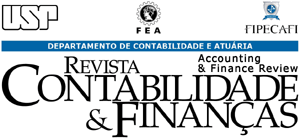According to risk management literature, diversification helps mitigate risk. Index funds, known as exchange-traded funds (ETFs), which were recently introduced into the Brazilian market, make diversification straightforward to accomplish. This paper investigates the efficiency of the valuation process of the Ibovespa iShares with respect to the fair value of the shares. For this purpose, a high-frequency time series analysis of ETFs and Ibovespa was used, followed by strategy simulations that included goodwill and negative goodwill between asset sets with and without transaction costs. To avoid data-snooping effects on the transaction outcomes, a time series bootstrap was applied. The results initially indicated share-pricing inefficiency because the inclusion of goodwill and negative goodwill in the strategy resulted in returns of 172.5% above the fund's index. Additionally, it became apparent that even with the introduction of operating costs, the gains continued to exhibit inefficiency. However, after applying the bootstrap technique, the results did not suggest excess returns, which could be attributed to data snooping. Therefore, the results demonstrate the impossibility of agents earning abnormal returns from the differences between the values of the ETF share and its corresponding index, thereby indicating that the Ibovespa iShare fund pricing is efficient.
ETF; Arbitrage; Market-efficiency hypothesis; Data snooping


















